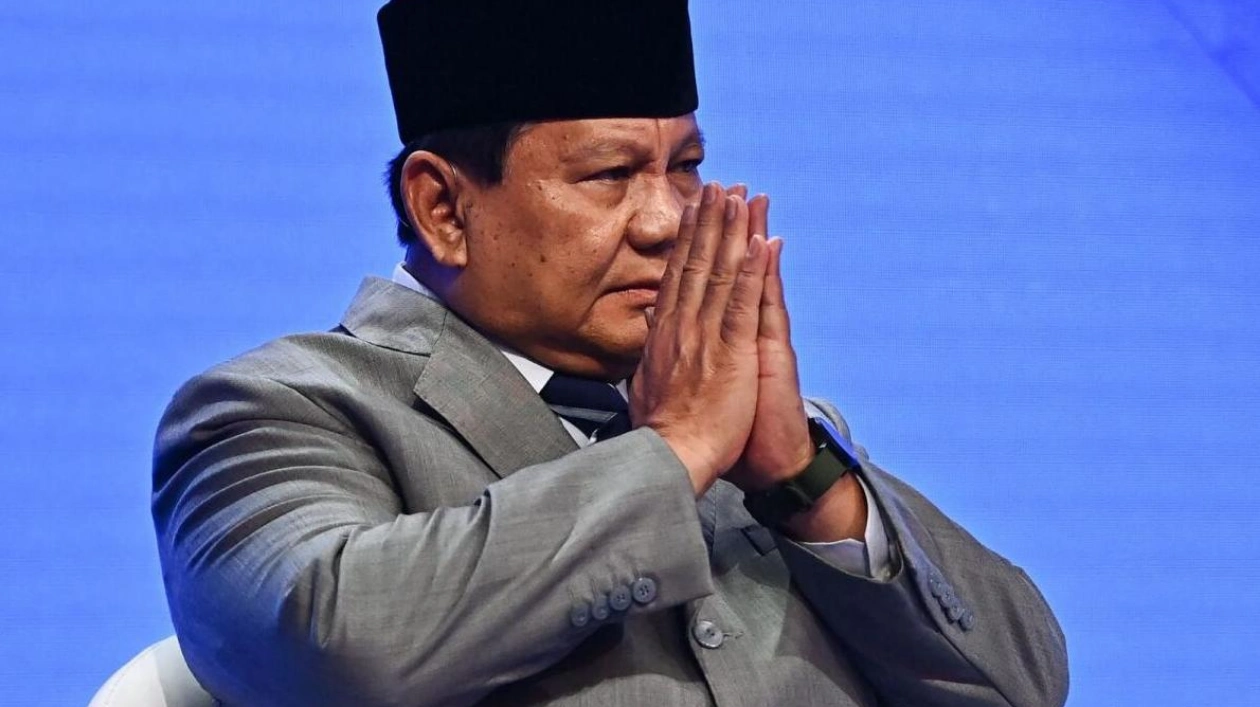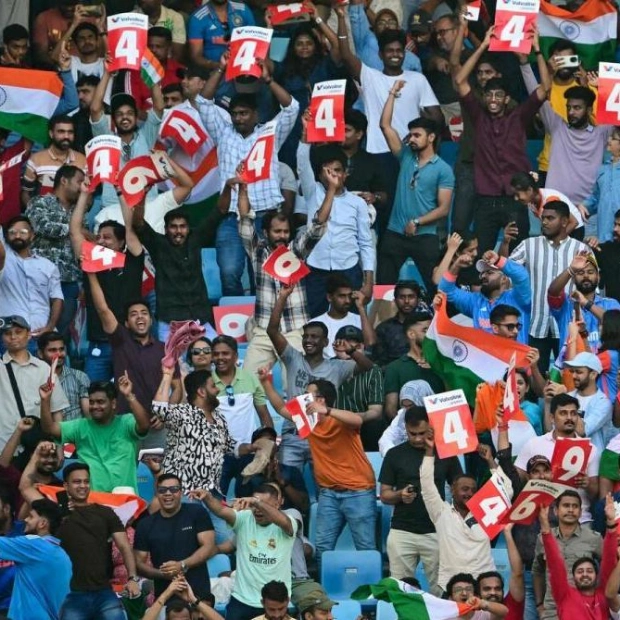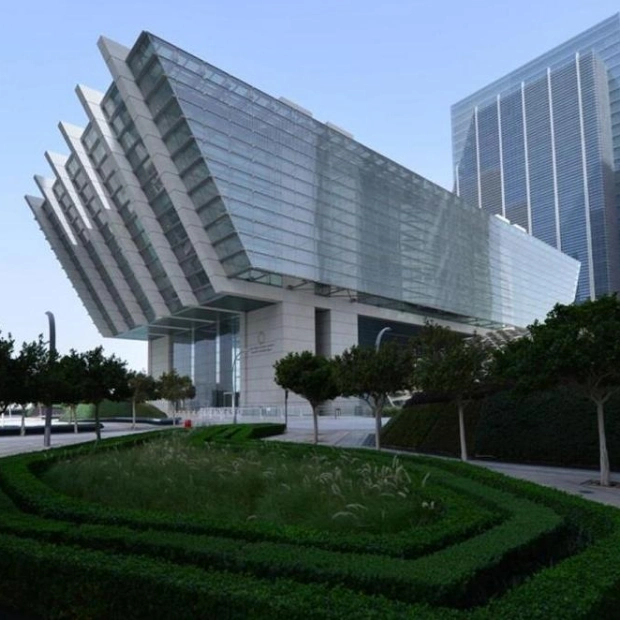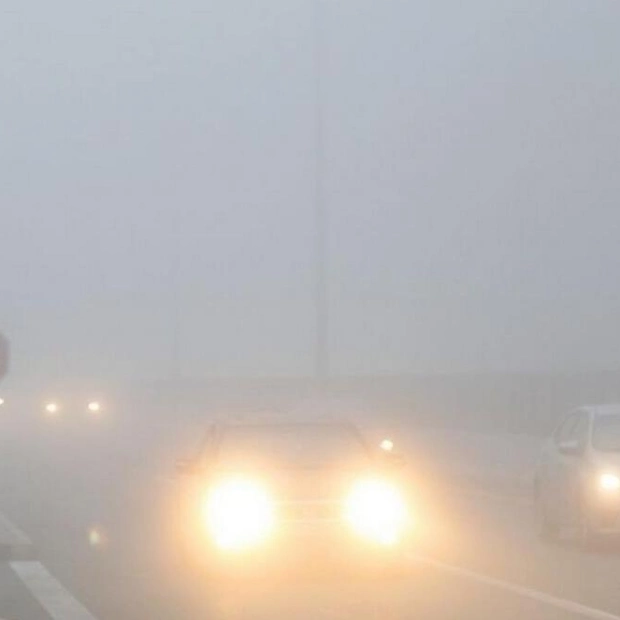Australia and Indonesia strengthened their defense partnership on Tuesday, committing to enhanced collaboration in the Asia-Pacific region as a new leader is set to assume office in Jakarta. The agreement, which involves joint exercises and mutual deployments, was announced during Indonesian Defense Minister and incoming President Prabowo Subianto's trip to Canberra. Prabowo is scheduled to lead the world's third-largest democracy starting October 20. Following a meeting with Australian Prime Minister Anthony Albanese, Prabowo highlighted that the defense agreement signifies a "very good outcome" that will be "beneficial to both our countries in the future."
Beyond defense, Prabowo expressed interest in Australian cooperation on economic, agricultural, food security, and anti-drug trafficking initiatives. "We would like to see more Australian participation in our economy," Prabowo stated at Australia's Parliament House. "I am determined to continue this good neighbor relationship...Australia plays a very important role for us." Since his election in February, Prabowo has visited China and Japan, indicating a stronger focus on foreign affairs compared to his predecessor Joko Widodo.
Prabowo mentioned his intention to adhere to his predecessor's "general policies" while also seeking closer ties with Canberra. "Prabowo is much more interested in international affairs," noted Greg Raymond, a foreign affairs expert from the Australian National University. "He will look to bring Indonesia into international issues. He's very confident, he's very knowledgeable, and he's very comfortable in international settings." Australian Defense Minister Richard Marles described the defense pact as one of the most significant agreements ever negotiated between the two nations.
Australia also aims to solidify its ties in a region marked by the rivalry between China and the United States. Despite being separated by less than 300km at their closest point, Indonesia and Australia have pursued different strategies amid geopolitical shifts. Canberra has increasingly aligned with its long-time ally the United States, enhancing its military to counter the growing influence of China. In contrast, Jakarta has adopted a more neutral stance, cautious of aligning too closely with Washington and less inclined to confront Beijing.
The defense agreement, initiated since February last year, remains largely undisclosed. Analysts predict that maritime cooperation will be a key focus, especially given the ongoing tensions in the South China Sea. "It's very much about the practical arrangements, making military exercises and cooperation easier," Raymond explained. "It might also cover logistics. So the travelling country can use the other's facilities, ammunition, logistics support and similar things."
Trade relations between Australia and Indonesia are more complex. The influx of inexpensive Indonesian nickel could potentially destabilize international prices and severely impact Australia's once-profitable nickel sector. Both countries are the world's largest exporters of thermal coal and are keen to reduce their dependence on polluting fossil fuels. While nickel remains a contentious issue, there are other promising areas such as electric vehicle manufacturing.






